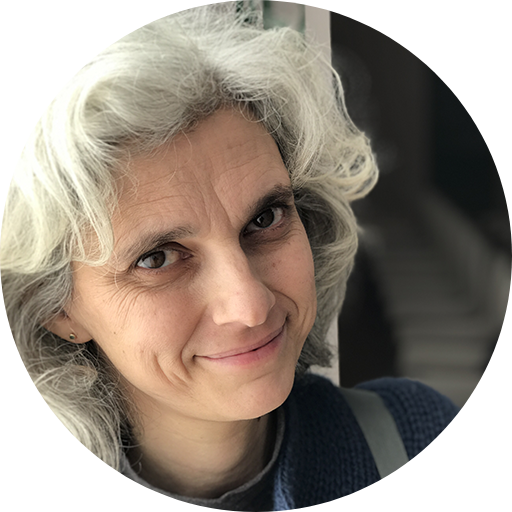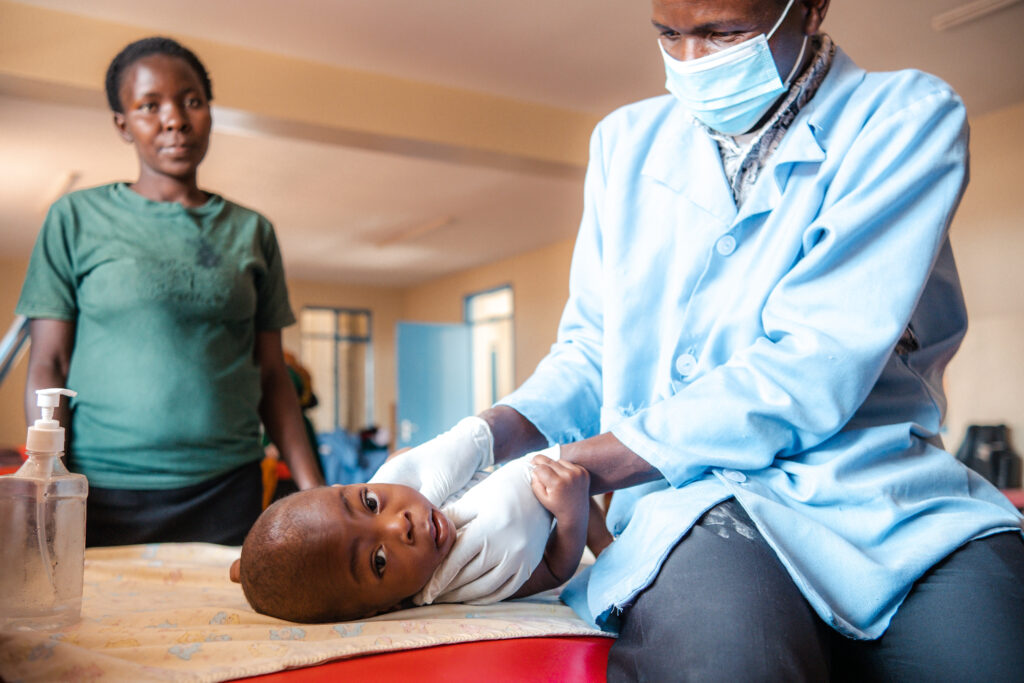Mental disorders in poor countries are widespread and rank very low on the list of health priorities, where diseases with a higher direct impact on mortality take precedence. This is despite the fact that mental suffering and substance abuse affect almost 13% of the world’s population (WHO data 2021). Similarly, according to UNICEF data the living conditions of almost 240 million of children with disabilities in developing countries are serious. Most of them do not have access to health care and education. Stigma, prejudice, shame and exclusion affect millions of people in almost all societies.
In many areas of the planet mental illness and disability are often seen as a guilt, a punishment for immoral behaviour, sometimes an effect from evil spirits. We work to ensure that people have access to quality health, psychological and social assistance, acting at multiple levels, through:
- the development of social and health services in collaboration with local actors
- investments in the training and supervision of local staff, a key element for obtaining long-term results
- the involvement of the community, schools and local authorities, to combat stigma, raise public awareness, combine rehabilitation with concrete opportunities for social inclusion, encourage reforms of services and legislation.
We work to contribute to the sustainable development goals.
Particularly:
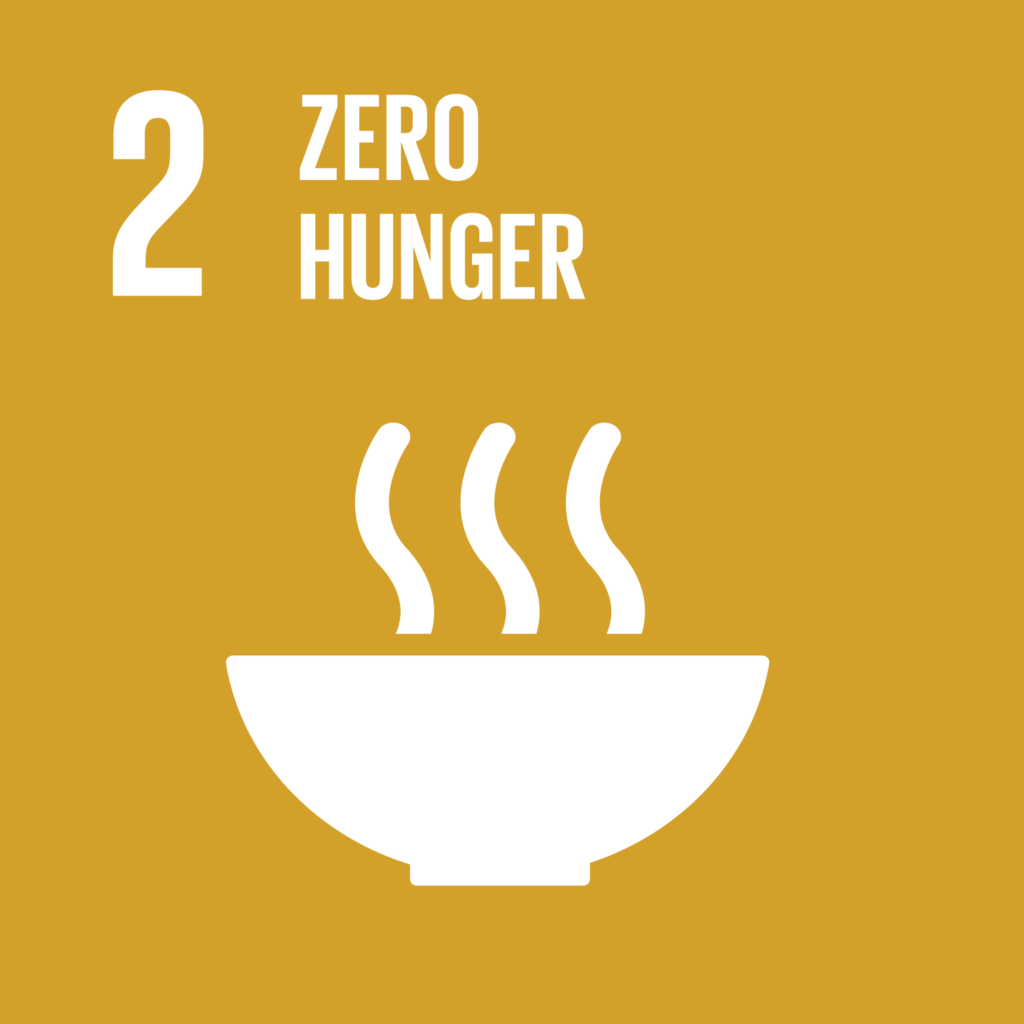
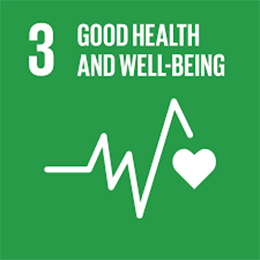
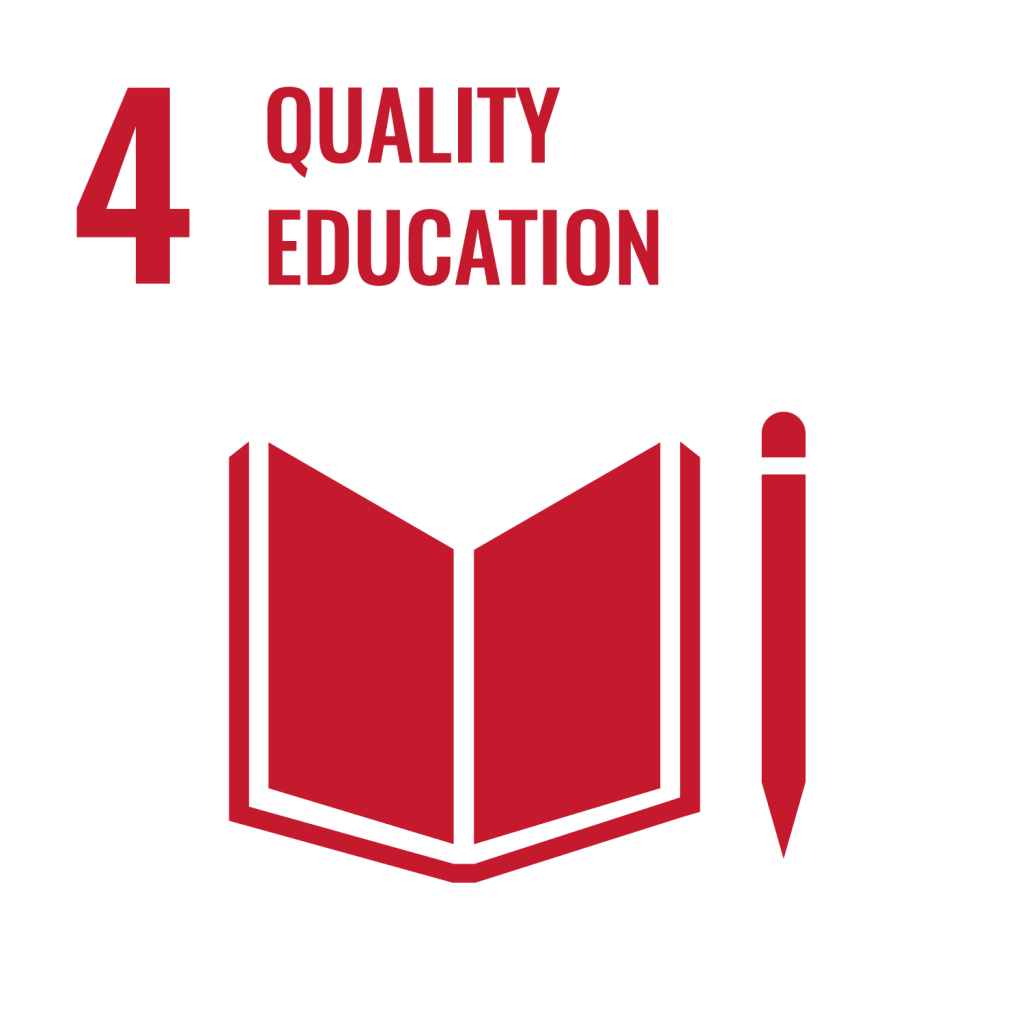

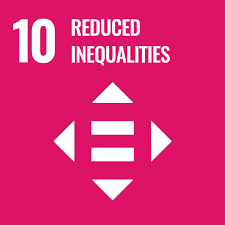
Technical and Scientific contribution
We involve passionate and qualified professionals in our projects, who are able to guarantee a high-value scientific contribution. Psychiatrists, neuropsychologists, physiotherapists and rehabilitation professionals in general collaborate with us through on-site missions, during which they deal with the training and supervision of local staff, the evaluation of children, the planning of future interventions.
Over the last two years we have developed remote supervision practices, through a monthly appointment with the local staff, via videoconference, and sharing of medical records and video footage.
We act in compliance with and for the promotion of the United Nations Convention for the Rights of Persons with Disabilities (UNCRPD), inspiring our interventions to the bio-psychosocial model of diagnosis and treatment and to the Global Mental Health Movement and the practice of Community-Based Rehabilitation.
Community-based rehabilitation is a rehabilitation approach that the World Health Organization has been fervently supporting for many years. Its purpose is simple: in low-income countries and especially in the countryside there is a lack of professionals to cover large areas, so physiotherapists or other professionals share their skills with other people: educators, volunteers, members of the patient’s family, people who can be trained with basic techniques, therefore allowing rehabilitation to actually reach people with disabilities.
In this way, stimulations and care can be carried out at home, while hospitals or health centres remain reference points where the situation can be regularly assessed, and the next steps planned. It is a form of intervention that combines medical and social approaches. Thanks to this social contribution, the person is recognized and registered in the civil registry, families receive support, mothers can receive microloans. In some ways,
professionals share their professionalism with all the other people that revolve around their family.